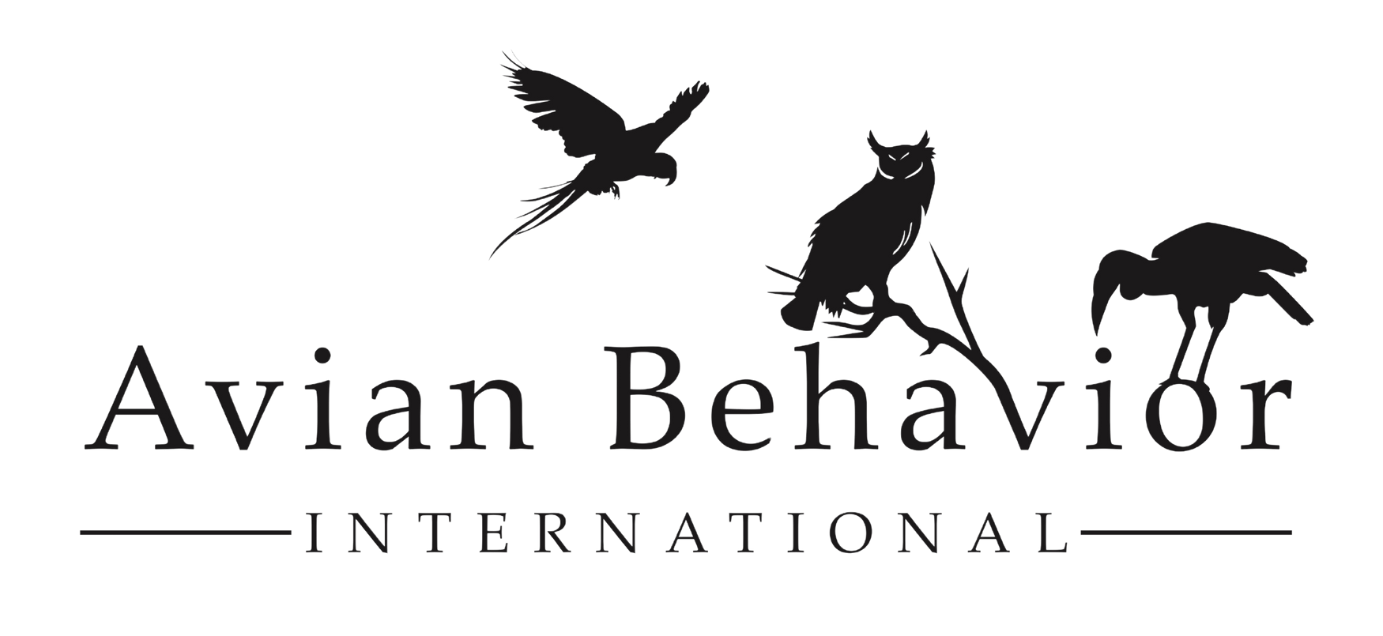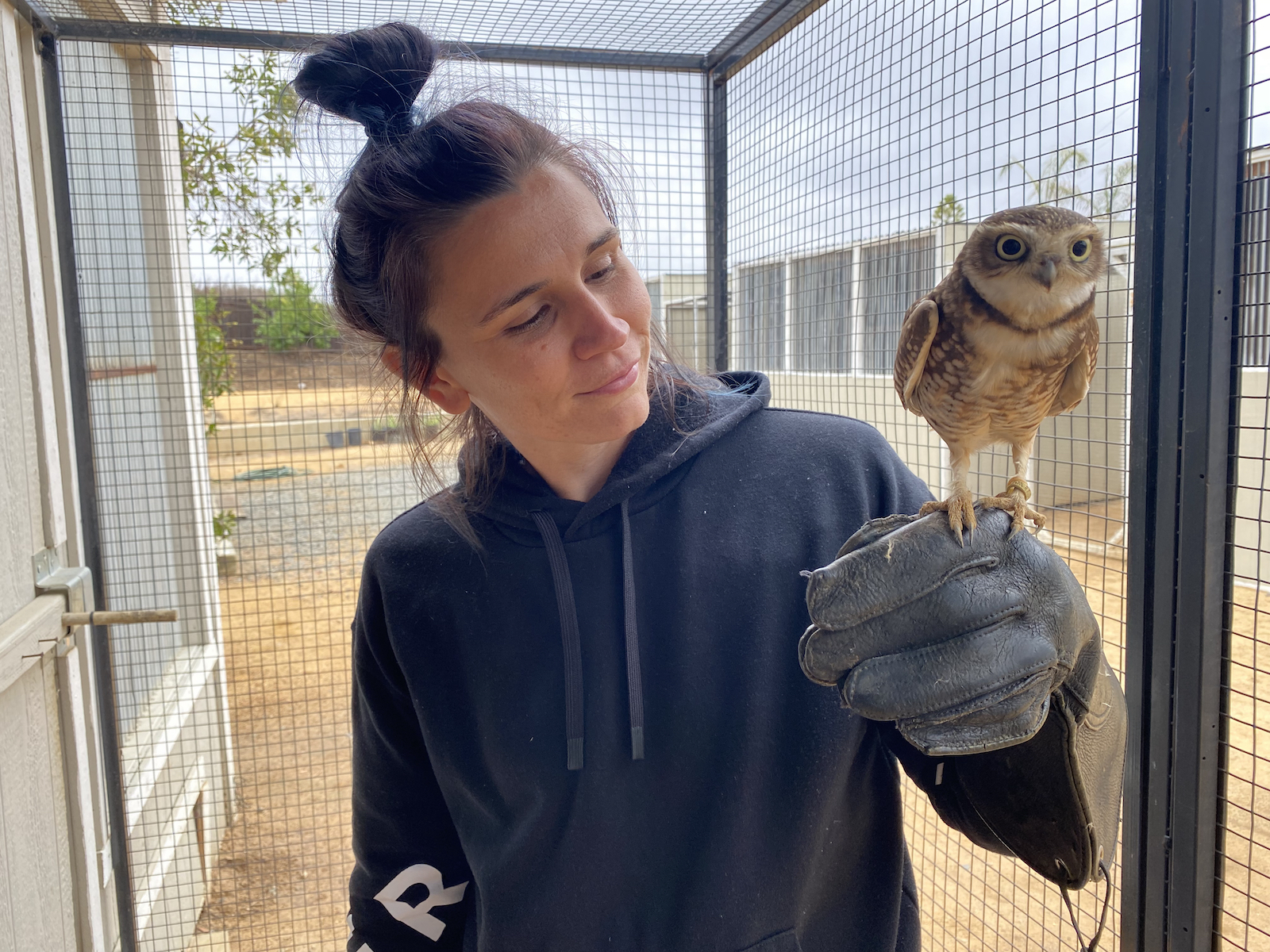
17 Oct Fall Workshop recap: Skill building, transparency, and skip the ego
Each opportunity for continuing education teaches us something new about science, animal behavior and training, and the peers we share our work with. This season’s workshops were no different, as we reflect on the powerful conversations we had this past fall at the Bird of Prey workshop in September and the Advanced Animal Behavior and Training Workshop that just ended in October.
The sessions people choose to grow their skills always fascinate me. Some people want to work with different birds, some want to mimic their situation training birds of prey or working with challenging parrots as much as they possibly can. The person an individual starts out as on Day One is rarely the same person at the end of the workshop. It’s thrilling to see the progress shape their confidence, their timing, their mechanics.
One of the concepts that we as a team at ABI have learned is that gentle skill of helping someone achieve their 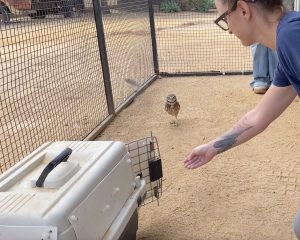 goals when they themselves don’t know how to get there. I always say that you don’t come to Avian Behavior International to know, you come here to learn. This idea is simple in concept, hard in practice. What we know at home may not be working for us after all (which is why we seek feedback), or it’s simply the more comfortable option than trying something unfamiliar.
goals when they themselves don’t know how to get there. I always say that you don’t come to Avian Behavior International to know, you come here to learn. This idea is simple in concept, hard in practice. What we know at home may not be working for us after all (which is why we seek feedback), or it’s simply the more comfortable option than trying something unfamiliar.
As a teacher, I have a responsibility to give my learners room to experiment and grow but also to give them direct and concise feedback about where an animal training technique or program is likely to lead to near- or long-term failure. This is a very tricky line to walk, and it also fit well into one of our AHA! concepts of nuance. Nuance was a cornerstone concept of many of our presentations and training sessions. When we develop more tools, how do we know when to apply which tool where? This was also really fun to explore in a presentation about errorless learning, and its usefulness in many training programs but not necessarily all.
The burrowing owls, Tina and Titus, were a favorite to work with, and their high alertedness gives us great behavior to work on the mechanics of body language and minimizing escape and avoidance responses. This was one concept that both groups really appreciated: our birds, especially the new ones, are still in the process of 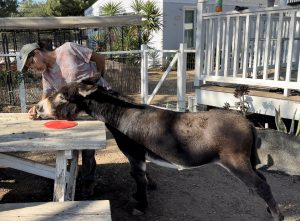 growing up and learning, so they are more likely to demonstrate the challenges that others might face with less trained birds. We see this as a real benefit in workshop birds: we don’t necessarily want a bird that will present perfect behavior that we don’t have to work too hard for.
growing up and learning, so they are more likely to demonstrate the challenges that others might face with less trained birds. We see this as a real benefit in workshop birds: we don’t necessarily want a bird that will present perfect behavior that we don’t have to work too hard for.
Beyond hands on training sessions, one of the more valuable opportunities are part of the workshop experience are the conversations that spring up organically. Each day brought a new topic that the groups engaged on. As peers, we are all heavily invested and concerned about the state of the animal care industry. This is evident in the lack of morale felt in the zoo world as well as the way we feel about those in high profile positions in the animal training community. No longer are we complacent about practices that garnish the egos of those with the biggest platforms, and that is clear.
With so many factors, including online conversations and the pandemic, the need for greater transparency is abundantly clear. We are no longer okay with people re-defining broad terms like fly-off’s, deaths, weight management, and what it means to be bitten or have behavior problems. What happens when people re-define these terms is that they can say that something never happened to them, creating an unrealistic picture about what it actually means to be a good bird trainer or a good companion animal home. Tell me if you have heard this one: “I didn’t lose the bird if I know what happened to it” (ie it died).
Relying on these types of re-definitions leads to more people actually losing their birds to free flight due to survivorship bias and more people re-homing their birds because they are given an unrealistic standard to aspire to. This is actually a big problem, one of which we have talked about in other blogs.
These ideas were demonstrated really well when we went for a live training session for our Thursday Avian Behavior Lab live. We had set it up so that one of our guests, Lee Stone, would have to set up the environment to keep palm cockatoo, Rosie, away from her favorite objects, expensive electronics. She could also use stationing and other training concepts. As it would happen, between new people in her area, macaws around her going off and squawking because we were talking, and probably a few other earlier new conditions, Rosie sat and stared the whole time. There were a few flights closer to the desirable objects in question, but then the macaws would start up again. We tried to salvage the session by chatting a simulation between client and behaviorist, but the macaws just would not let us with their calls. My chagrin was obvious.
Again, this became a talking point the next day. It is normal not to be in control or to expect every single variable that could have happened. We were trying something new for the workshop, and some ideas don’t work out the 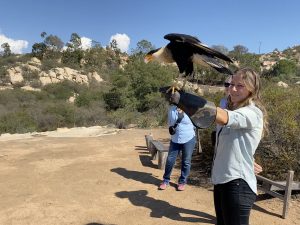 way we expect them. Also, macaws make noise! They can bite! When I worked for other bird trainers, there were several times when myself and other team members had to straight up lie that we never were bitten or our birds acted a certain way. This is simply a disingenuous standard that hurts people and birds. I want to be part of a growing number of professional voices that is more transparent about what we consider a healthy baseline of behaviors and what is “excessive.”
way we expect them. Also, macaws make noise! They can bite! When I worked for other bird trainers, there were several times when myself and other team members had to straight up lie that we never were bitten or our birds acted a certain way. This is simply a disingenuous standard that hurts people and birds. I want to be part of a growing number of professional voices that is more transparent about what we consider a healthy baseline of behaviors and what is “excessive.”
Being part of a scientific community means that we help one another understand how to use scientific inquiry. Sometimes inquiry is hard and sometimes it is easy. Showing our mistakes isn’t always easy, but it is necessary. When we only show the good stuff, we are running into survivorship bias. Survivorship bias occurs when an individual only considers the surviving observation without considering those data points that didn’t survive in the event. This can lead to incorrect conclusions regarding that which didn’t make it.
This is the spirit with which we start each workshop, and it builds a gracious and supporting atmosphere. It allows us to freely dive into really challenging often dense topics, like the constructional approach. We did training sessions with birds that were technically very intricate, like mands. We even worked with our very quick and sometimes “unforgiving” turkey vulture, Dallas. I saw unforgiving because mechanics often need to be very precise with her when working close up, or she will break her station and move at the handler. Everyone did truly amazing work!
It was such a pleasure to work with each workshop guest. We want you there next time!
For guidance and mentorship, join us inside the Avian Behavior Lab as a premium member. Try it out for 14 days for free with the code AVIAN
